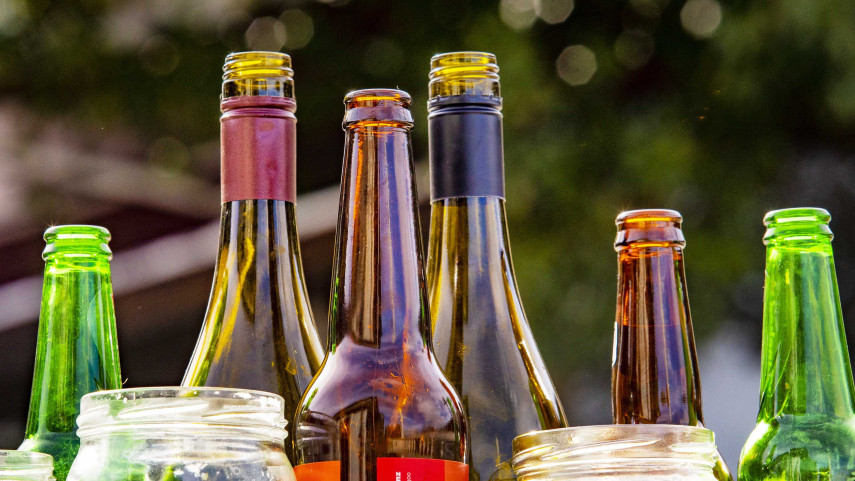
Councillors to talk local alcohol policy

Share this story
Christchurch City Council is looking at whether to introduce a Local Alcohol Policy, setting out how alcohol should be sold and supplied, before the local elections in October 2025.
On Wednesday 5 February, the Mayor and Councillors will confirm their preferred timeline for completing development of a Local Alcohol Policy (LAP).
A LAP can set rules around the number, location, and opening hours of licenced premises, such as bars, cafes and restaurants, supermarkets and bottle stores. These rules can apply across either the whole city and district or only in identified local areas.
“We want to work closely with our communities to make sure any LAP we produce meets Christchurch’s particular needs,” says David Griffiths, Head of Strategic Policy and Resilience.
“In recent months we’ve been gathering research on alcohol harm, collecting and analysing local community data including survey responses from more than 5000 people, and meeting with key stakeholders to understand their views and inviting them to share their statistical data.
“The research so far shows that alcohol-related harm is affecting our communities, and that our communities want more say on alcohol licencing. A LAP could be one way to address these issues, but before we draft a LAP we want to test some ideas with the community.
“We’re presenting all this data and views to Councillors, and if they wish to proceed, we’ll go out with a few proposals. Once they’ve been tested, we’d report back to Councillors and seek approval to develop a draft LAP in earnest.”
See the presentation here, and watch the information briefing live from 10.45am on Tuesday 28 January.
The Council paused its previous work on a draft LAP in 2017 after a four-year process involving appeals and a judicial review.
Recent changes to the Sale and Supply of Alcohol Act 2012 have removed the requirement for councils to produce a provisional version of their LAP first, as well as the ability of other parties to appeal any element of it.
This has simplified the process for councils developing their own LAP, and for communities to participate in alcohol licensing decisions in their district.
